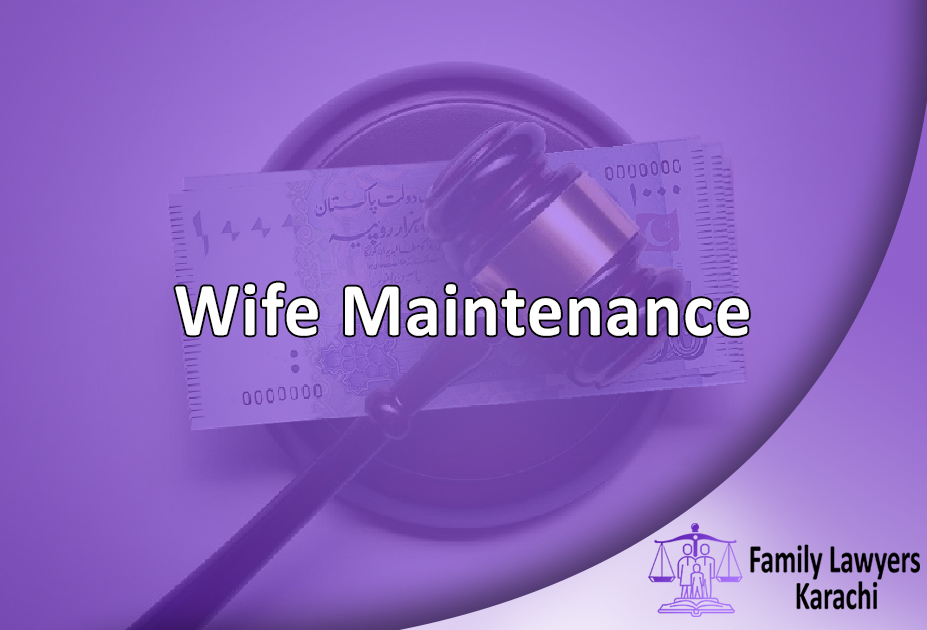It is actually the cohabitation agreement in Karachi Pakistan, which is a formal legal contract between two unmarried couple who live together. It simply defines the rights and duties of both partners regarding property, contributions towards finance, and how the assets are going to be divided if they decide to separate. There are traditional living together agreement among couples in most Western countries that want legal protection without entering into a contract of official marriage. However, the concept of cohabitation outside of marriage is less recognized in Pakistan because the country is deeply rooted religiously and culturally in the notion of marriage.
In Pakistan, society and law are deeply influenced by Islamic principles whereby marriage is accepted only as the means of living together for the man and woman. prenuptial agreement, though apparently promising to provide some protection for partners in “living together relationships,” are unlikely to be widely accepted and thus would face significant judicial and social obstacles. Yet, there will be specific areas in which individuals would seek alternative legal remedies for their rights.
Purpose of a Cohabitation Agreement
The foremost intention of a cohabitation agreement is to safeguard the financial interests of both partners during and post the relationship. For example, the agreement may include details on property ownership as inhabited by the couple, sharing of costs, and what to do with shared assets in case they break up. It can also outline responsibilities, including division of debt and contributions toward household expenses.
While cohabitation agreements are very useful in many societies where living in common law is accepted, their applicability in Pakistan is much more complex. Unmarried couples living together may face several social ostracisms, and such documents may not be held in much legal authority. Still, individuals may still look forward to developing personal contracts when needed to avoid any misunderstandings between them, especially with regard
Legal Recognition and Challenges
Legal recognition of cohabitation agreements in Pakistan remains very weak because Pakistan strictly follows the institution of marriage through Islamic law and societal code. Cohabitation outside of wedlock was often referred to as immoral or unlawful. Under Sharia law, which the country’s legal framework is partly influenced by, Pakistani courts are less likely to enforce the agreement since it violates any form of Islamic principle.
This is why cohabitating couples who are not yet married may come to experience severe stress should the case call for imposing a cohabitation contract. Courts may easily dismiss any cohabitation contract based on moral and religious grounds and leave those involved without any legal protections they might otherwise expect elsewhere in the world.
In conclusion, there are certain laws regarding cohabitation in pakistan but to use them and implement them is an issue due te the societal pressure and islamiz teachings. Pakistan being an Islamic state follows Islamic rulings in court however these laws can be useful for non-muslims as they do not have such restrictions.




